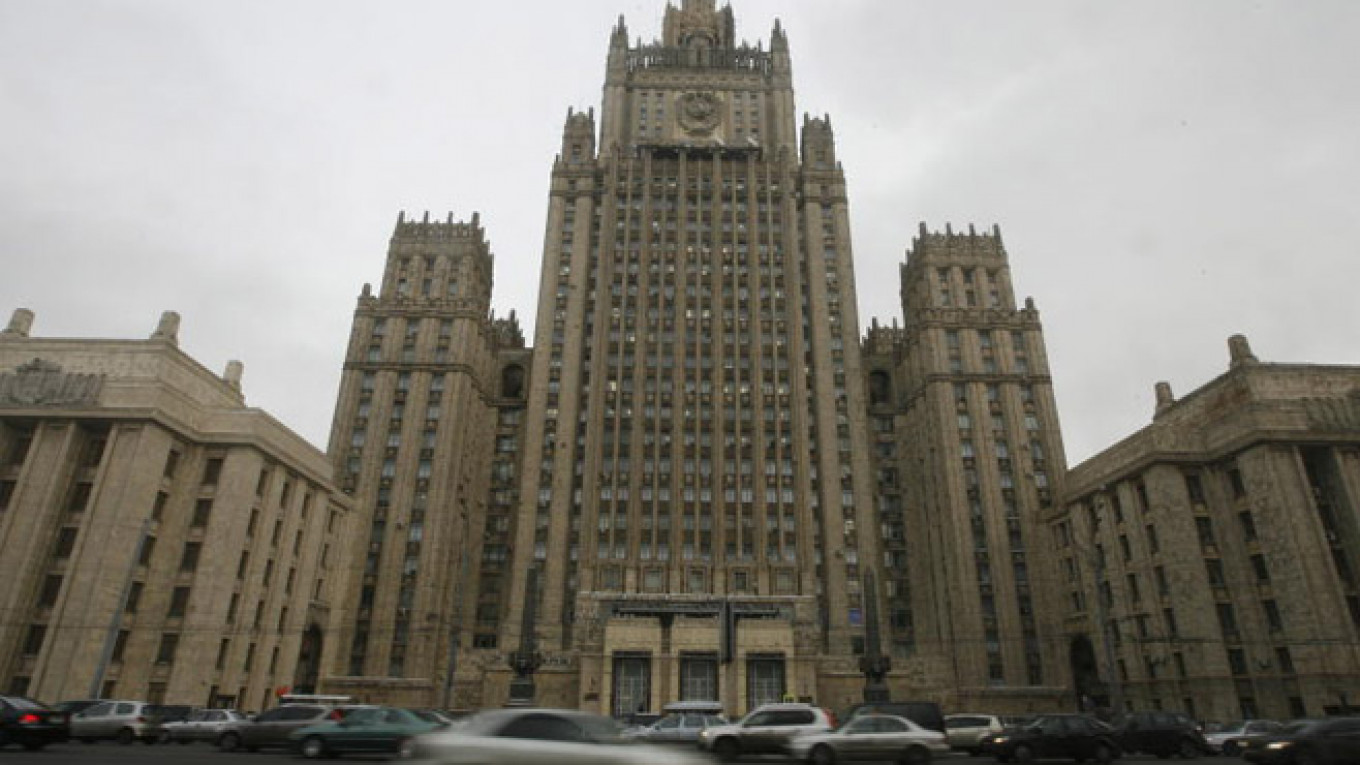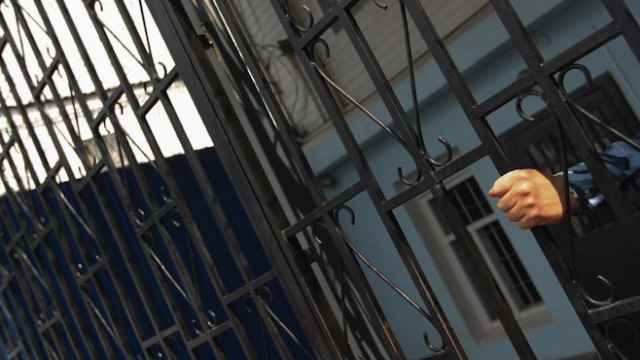Russia's Foreign Ministry on Wednesday lashed out at the U.S. administration for what it described as numerous failures to stamp out the use of torture and inhumane methods in American prisons and detention facilities.
The ministry's comments stemmed from a meeting of the United Nations Committee Against Torture in Geneva on Nov. 12 and 13, during which the U.S. submitted a report detailing its progress in stopping and preventing torture.
"To be noted, the U.S. delegation agreed that they violate their own Constitution and international obligations in preventing torture and fighting against it. Nevertheless, the dialogue with the UN experts in Geneva gives us reason to believe that such a 'penance' will hardly turn into a real effort to correct the difficult situation in this area," the statement said.
The ministry went on to lambast the U.S. for its failure "to provide the international community with information regarding plans by the White House to close the Guantanamo Bay, [or] to investigate the participation of CIA agents in kidnappings of persons in European Union countries and the detention of persons in secret prisons."
The statement also raised the issues of methods of capital punishment in the U.S. and the widespread use of isolation cells in American prisons.
In closing, the statement read: "We recommend that our U.S. colleagues, who ambitiously pretend to be an international leader in fighting torture, should start by bringing human rights in their own country to elementary order."
The issues raised by the ministry's statement were also mentioned in the UN committee's response to the U.S. delegation's report.
The UN committee also expressed concern about "sexual violence in the military, … criminalization of the homeless, and the deadly use of force by the police, including by the use of tasers," according to a statement on its website.
The Russian government has faced its own accusations in the past of having allowed torture to flourish among the country's police force and security services, particularly in the republics of Chechnya and Dagestan.
In a 69-page report published by the French Christian Association for the Abolition of Torture late last year and reported by news site Grani.ru, activists said torture had become "systemic" among Russian police and security services and could be found "at all stages of the criminal process, from the moment of detention or arrest until the end of someone's sentence in a camp."
Contact the author at a.quinn@imedia.ru
A Message from The Moscow Times:
Dear readers,
We are facing unprecedented challenges. Russia's Prosecutor General's Office has designated The Moscow Times as an "undesirable" organization, criminalizing our work and putting our staff at risk of prosecution. This follows our earlier unjust labeling as a "foreign agent."
These actions are direct attempts to silence independent journalism in Russia. The authorities claim our work "discredits the decisions of the Russian leadership." We see things differently: we strive to provide accurate, unbiased reporting on Russia.
We, the journalists of The Moscow Times, refuse to be silenced. But to continue our work, we need your help.
Your support, no matter how small, makes a world of difference. If you can, please support us monthly starting from just $2. It's quick to set up, and every contribution makes a significant impact.
By supporting The Moscow Times, you're defending open, independent journalism in the face of repression. Thank you for standing with us.
Remind me later.






